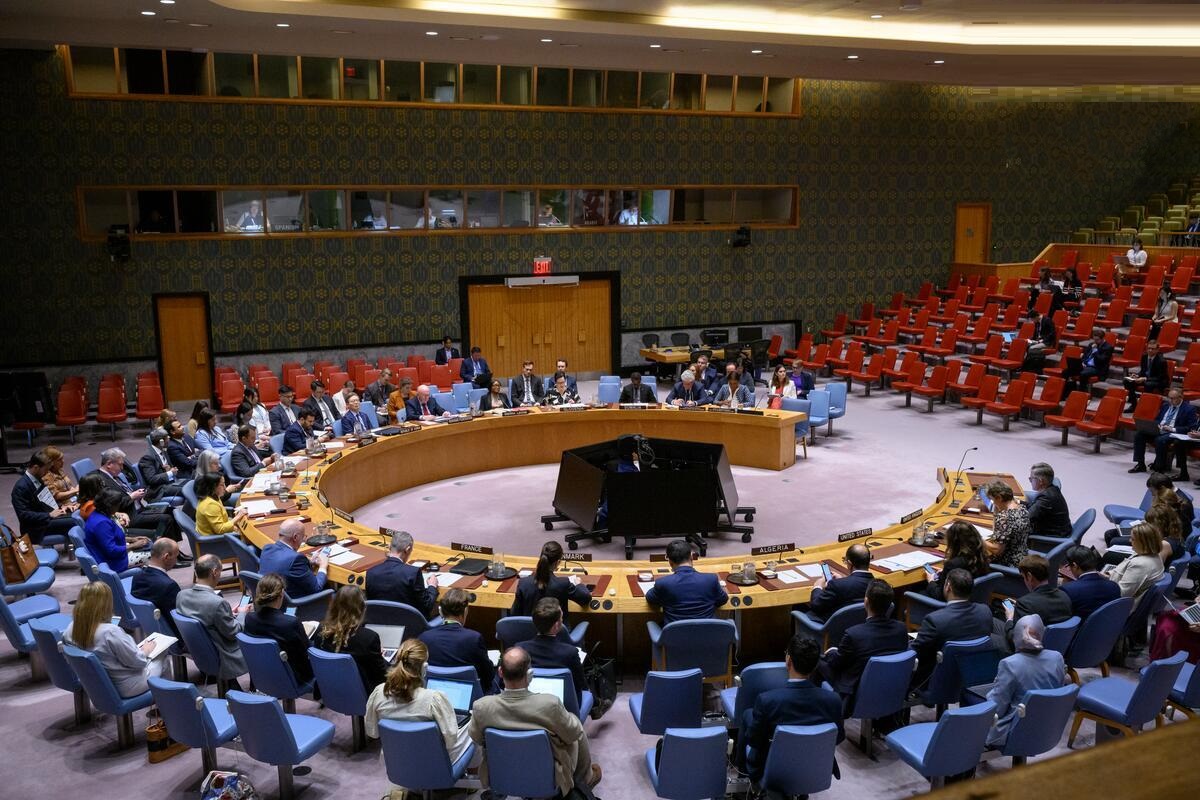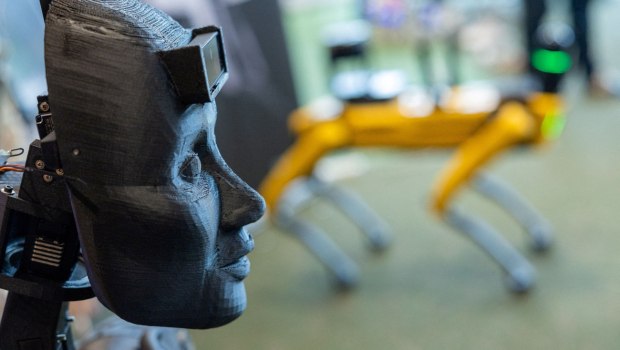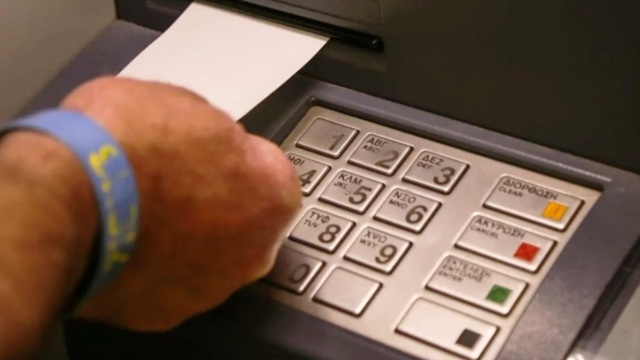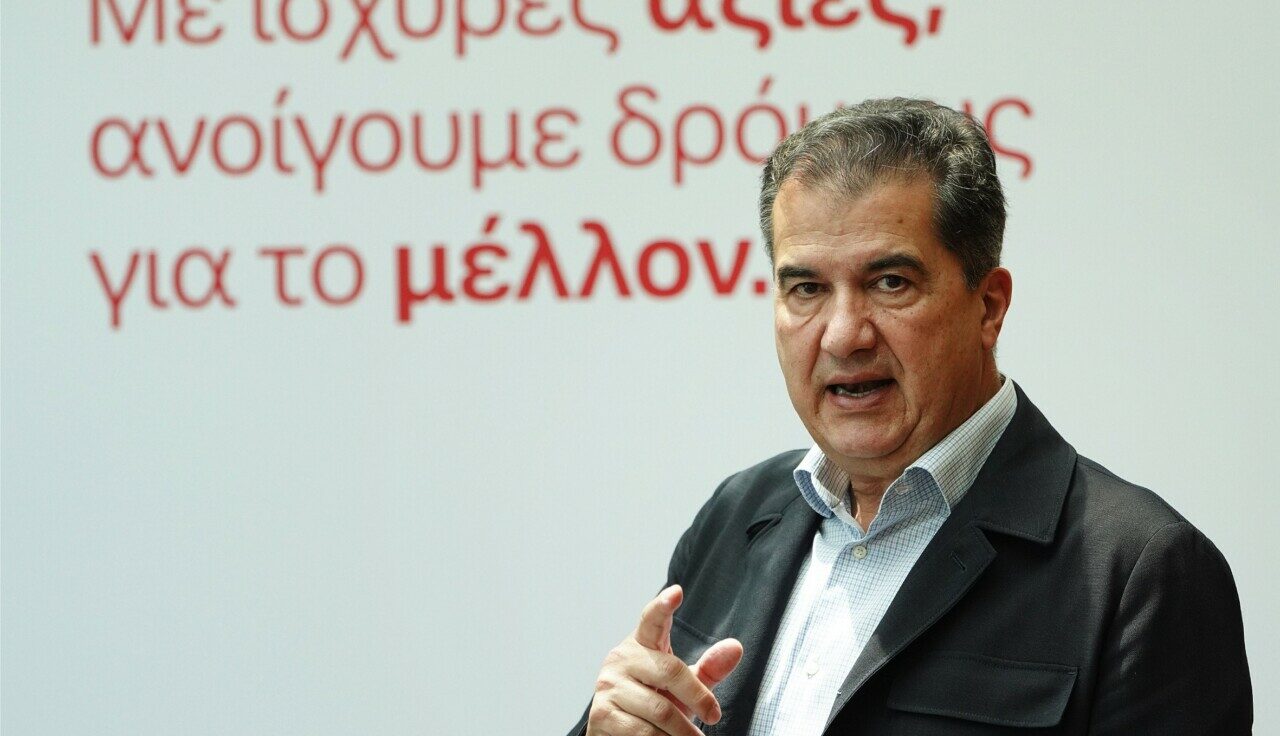RSF Monitors Predator Trial in Greece Amid Press Freedom Concerns
Reporters Without Borders (RSF) is closely monitoring the ongoing judicial proceedings in Greece related to the use of the Predator spyware, expressing serious concerns about the limited scope of the investigation and its implications for press freedom.
In its 2025 World Press Freedom Index, RSF ranks Greece 89th globally and last in the European Union, citing systemic issues in media independence, unresolved attacks against journalists, and a judiciary that has largely focused on private companies rather than state accountability.
The Predator case, now unfolding at the Athens Court of First Instance, involves executives from the companies Intellexa and Krikel, which are accused of facilitating the use of the illegal spyware. However, RSF and other press freedom organizations have pointed out that the investigation has conspicuously excluded the National Intelligence Service (EYP) — the agency that reportedly deployed Predator against journalists, politicians, and civil society members.
"New laws passed by Parliament in response to the Predatorgate wiretapping scandal are meant to better protect citizens against arbitrary surveillance but fall short of European standards, and the Supreme Court cleared the National Intelligence Service (EYP) of its involvement in the scandal," RSF stated in its annual report published on Friday.
Greece’s press freedom has been in systemic crisis since 2021, RSF notes, referencing both the spyware scandal and the still-unsolved murder of investigative journalist Giorgos Karaivaz. SLAPP lawsuits, censorship pressures, and violence against reporters continue to erode media integrity and public trust.
The high-profile trial concerning the illegal use of the Predator spyware in Greece is set to resume on May 19, following a court-ordered suspension to allow the translation of key legal documents for non-Greek-speaking defendants.
The major question is whether Tal Dilian, the owner of Intellexa, and his wife Sara Hamou — both of whom have been placed under international sanctions by the United States — will acknowledge that they sold Predator to the Greek government. This would align with a strategy increasingly adopted by spyware vendors such as Paragon and NSO, who claim that they are not responsible for the misuse of their software by state clients that have targeted journalists and members of civil society.
Content Original Link:
" target="_blank">








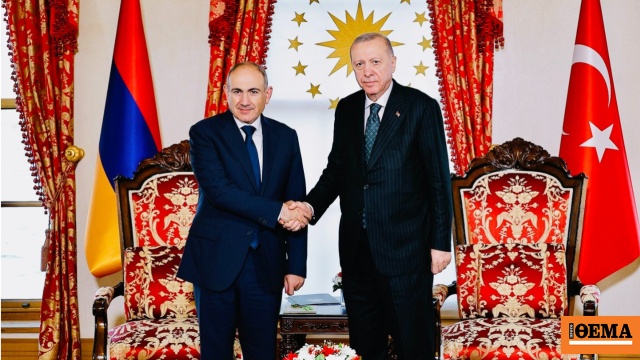



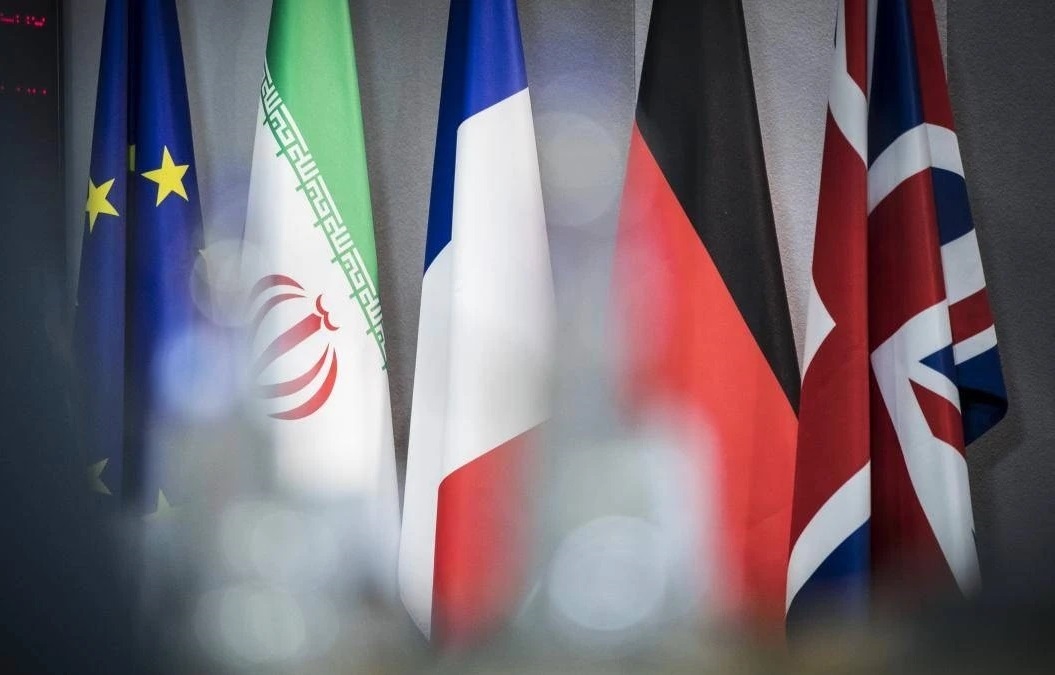
![Άκρως Ζωδιακό: Τα Do’s και Don’ts στα ζώδια σήμερα [Σάββατο 21.06.2025]](https://www.ingr.gr/images/joomgrabber/2025-06/2b4830f51e.jpeg)
